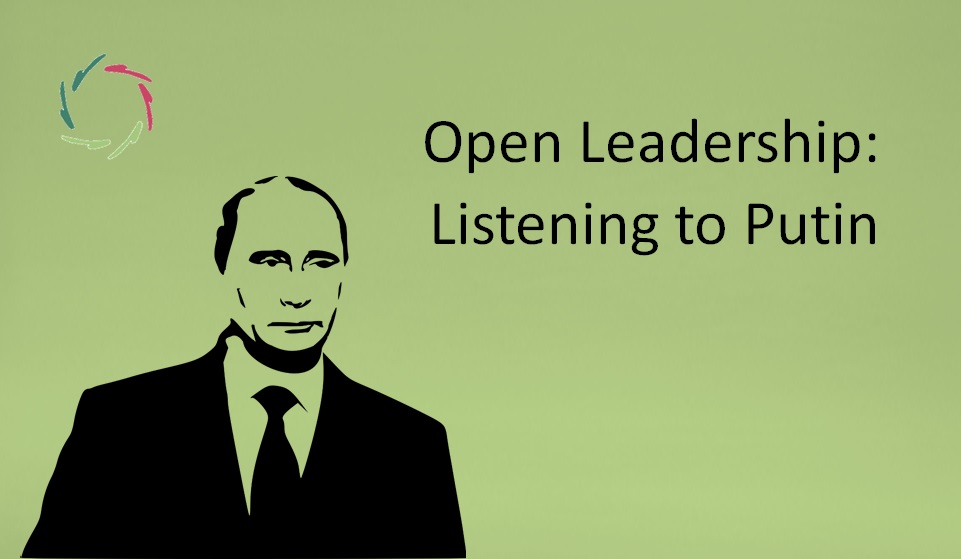Leadership or Punishment?

When I hear a clamor from bossy figures about a lack of motivation in ‘the guilty ones,’ I frequently see a lack of leadership at the start.
Motivation is a leadership responsibility.
Of course, throwing guilt upon this lack is a no-no-er. To me, there is a crucial difference between guilt and responsibility. [see: “Always Responsible, Never Guilty“] This difference – or not realizing it very much – lies at the basis of the clamor. In trying to get rid of guilt, guilt itself is dispersed over whom-shall-I-choose-today.
An essential aspect of leadership lies in transcending guilt towards responsibility. Since Western culture is soaked in guilt, there is quite a job to do. Dear leader, it’s your job.
Don’t punish.
At least, please don’t do it mindlessly as is frequently done. Even more, please don’t do it heartlessly as is frequently done.
If people need to be punished, you can see the issue as one in which some aspect of leadership might be learned. As a leader, you may delve into the issue until you find this pearl that lies waiting for you. It would be a pity to miss it, as is frequently done.
In this case, what happens is not proof of your lack of leadership. On the contrary, it is your royal path towards an ever-higher level. It’s a long and winding road that you are traveling. You might as well enjoy the trip and the sight-seeing. Indeed, so much to see!
Also applicable to teachers
A teacher in a classroom – or at home before his screen, as it’s COVID time while writing this – may feel the need to punish a child or children. Does this text mean that this is wrong?
Does the teacher need to be punished?
Of course not. As a teacher, go ahead if you think this is the best way to proceed. Follow your punishing heart. Don’t force yourself into enacting some rule of thumb that you might memorize from reading some blog text. That’s not the aim of anything.
But look at the child and look at yourself and look at the situation. Try to do this really well. You may notice that looking at the child this way already makes a difference. Children are very patient beings. They want you to succeed. They want you to be a leader-figure. They want you to lead them as an adult and a teacher, a real one. Which is: as a leader – not a boss. They are so grateful if you do that.
But do not think this is easy. If it were, I would certainly not be writing this text. It’s difficult, as in ‘spontaneous after a lot of hard work.’
Everywhere
Teacher, company CEO, politician, parent, physician, coach, even an executive coach. Many roles are leadership roles. It’s applicable in any of these.
Also as a physician? Indeed, the punishment here would lie in the patient not following the advice and getting sicker or die prematurely. The leadership lies in motivating the patient to listen to your giving advice and to act upon it. There is much leadership involved.
Open Leadership
The listening involved is not only conceptually. That’s a mere manager’s job. A leader’s job goes much further into the subconceptual field. This is, as you may already know, the crux of Open Leadership: a deep-to-deep listening to where it matters. [see other blog texts or my book Open Leadership]
The consequence lies in people wanting to do what you want them to do. No coercion. No guilt. No punishment. Also: no directly attaining this goal, of course. As said, this is a long and winding road. Full Open Leadership is a direction, a dream one can have.
As an Open Leader, you are allowed to nurture this dream. That’s already quite something. By nurturing it with courage and respect, one day, you will get near enough to enjoy it continually.
From then onwards, the world is waiting for your leadership.


